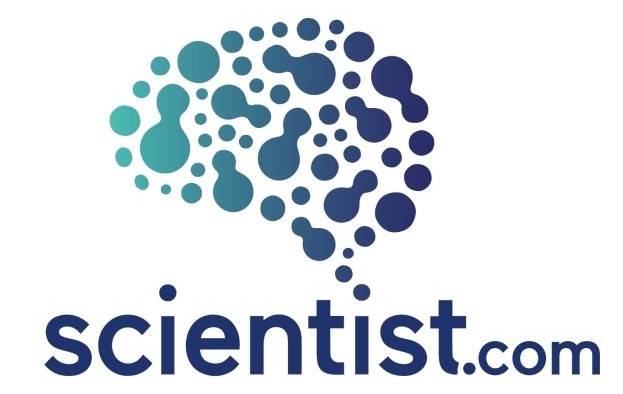Antibiotics in Wasp Venom
Antibiotics in Wasp Venom
Previous research has shown that specific compounds found in wasp venom have the ability to kill bacteria, suggesting their potential as a new class of antibiotics. But up until now, the venom’s toxic effects on human cells have prevented its use as a safe and effective drug.
Recent studies, however, have been successful at creating modified versions of the peptides (the building blocks of proteins) found in wasp venom. These variants are nontoxic but retain their antimicrobial activity, making them promising candidates for being developed into treatments for infections. In fact, one of the peptides scientists altered was able to completely eliminate a bacterium called Pseudomonas aeruginosa in an experiment using mice.
As more strains of antibiotic-resistant bacteria emerge, the discovery of new antibiotics is more important than ever before. The researchers are hopeful that what they’ve learned from wasp venom could be applicable to other compounds found in nature, leading to the development of more life-saving drugs.




